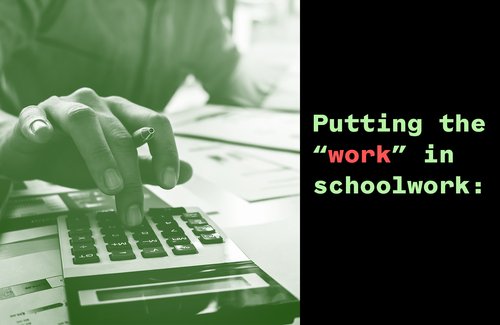
SRL wants to hear what you think of your education.
What kinds of things are you learning now that feel like they’ll be really useful to you later on in life? What do you wish you could be learning in school? How do you find good information about important life skills? Explore ways school prepares students—or doesn’t—for the world outside of school.
BACKGROUND
The World Economic Forum’s Future of Jobs Report highlights how technology, like AI, and global changes are reshaping the job market. At the same time, students around the world are asking: Are we being taught what really matters?
This project invites students to explore how schools are—or aren’t—helping them gain skills for the future, and to share stories of what’s working or what’s missing.
Take a look at this list of examples and look around your community. Are there programs and classes to teach people practical skills?
Some examples of job & life skills:
Use these questions to guide your thinking:
When it comes to learning practical skills, what’s working well? What should change?
If you’re not learning something in school that you believe is important, how are you getting information about it, or how do you wish it were taught? For example: do you look on social media, ask family/friends, or read books, watch news and videos, read magazines, or listen to podcasts?)
What do you want to be learning now to help you when you’re ready to go out into what’s often called the “real world,” beyond school?
OPTIONAL REFLECTION: Take a look at this UK based website to see some of the careers that are linked to different subjects. What is your favorite subject at school? What careers could it led to? What skills do you feel young people need to develop more of in school? Is your school successful at developing real world skills that could lead to future employment? Have you ever thought about volunteering when you are older many charities are always looking for volunteers and could feed into future work. Take a look at volunteering with International based charities such as the Red Cross.
This resource is part of the Global Education Toolkit and was made possible with support from the Longview Foundation.
4-6 Weeks